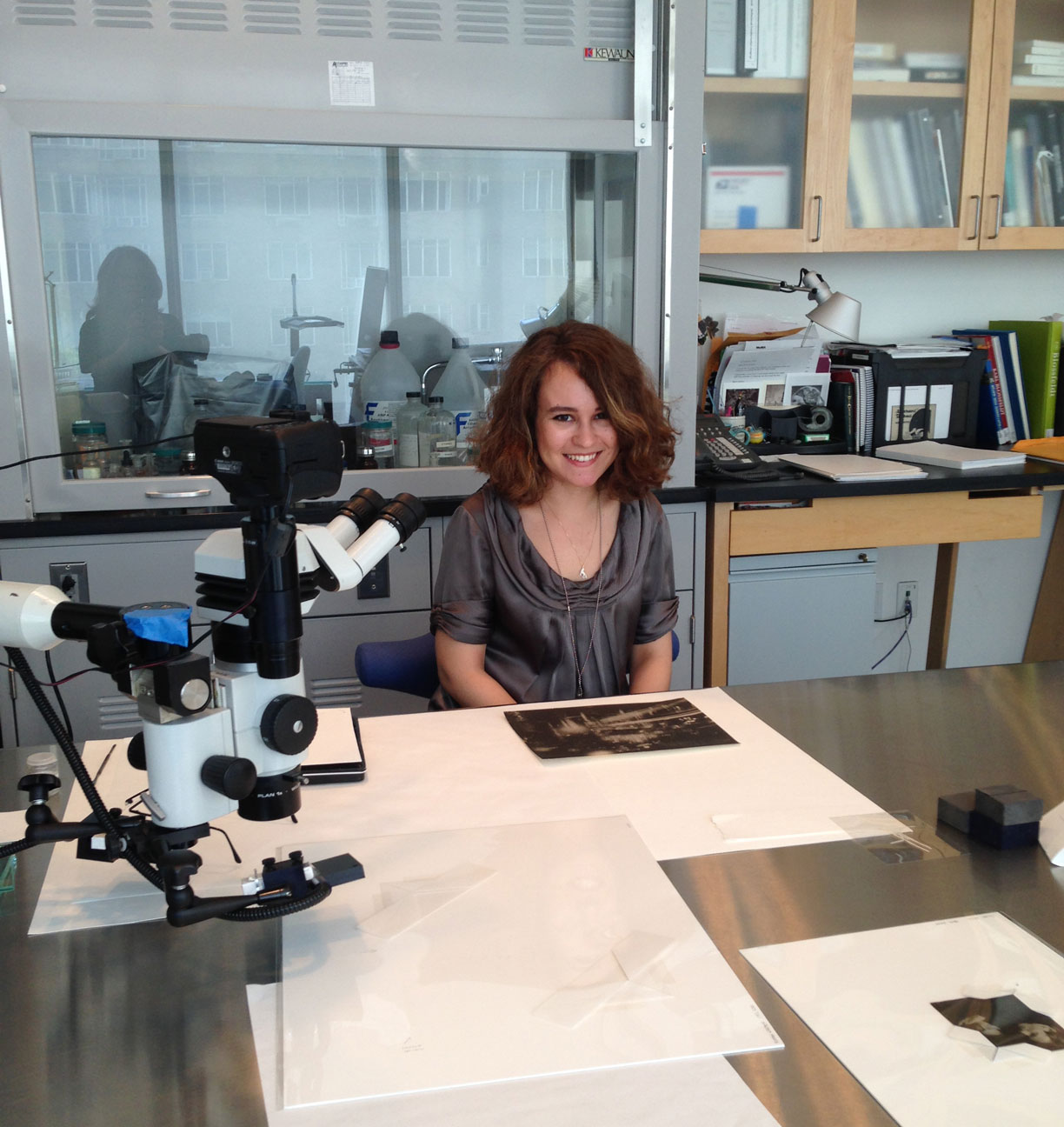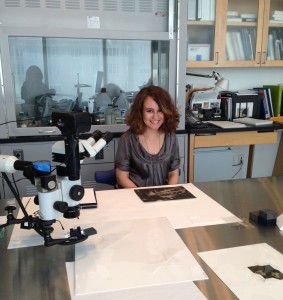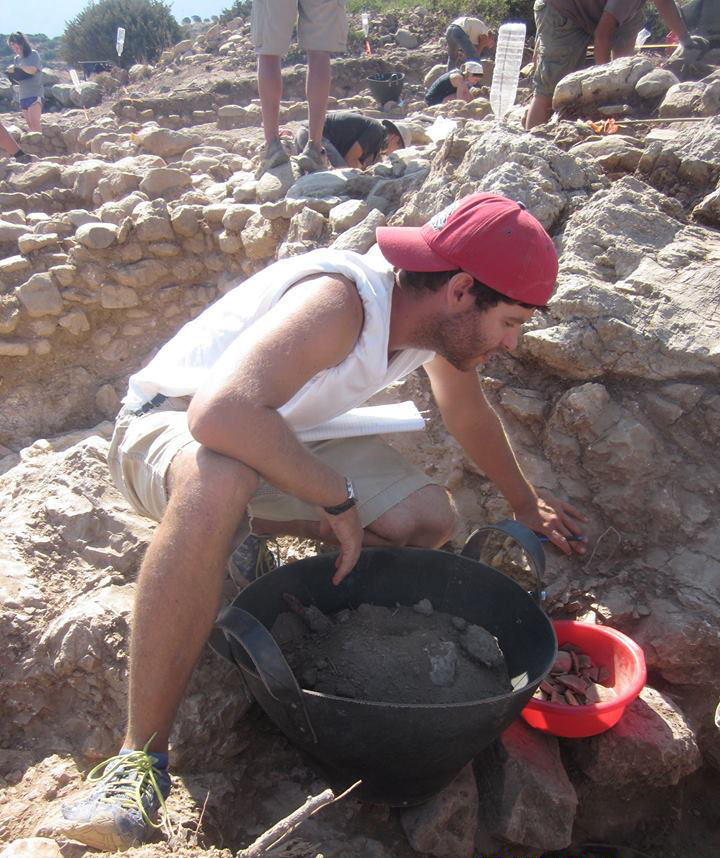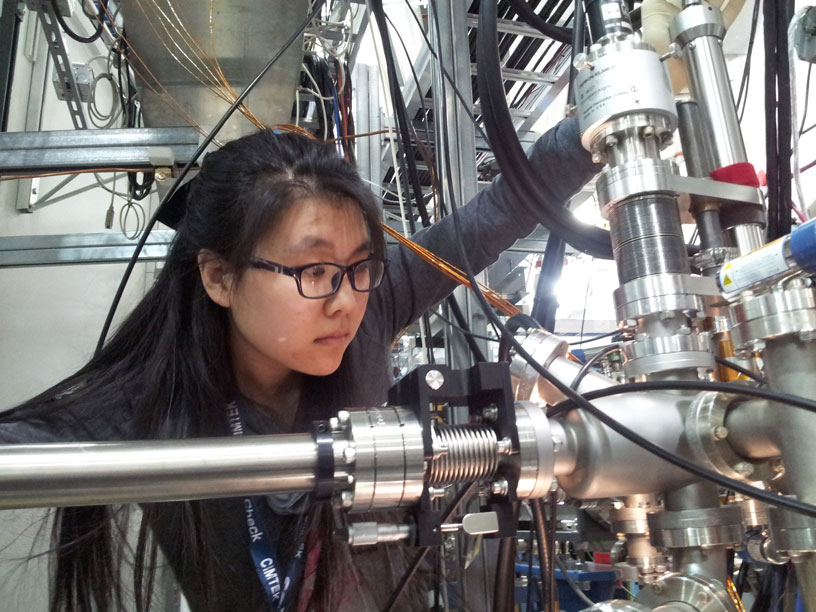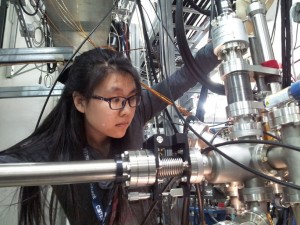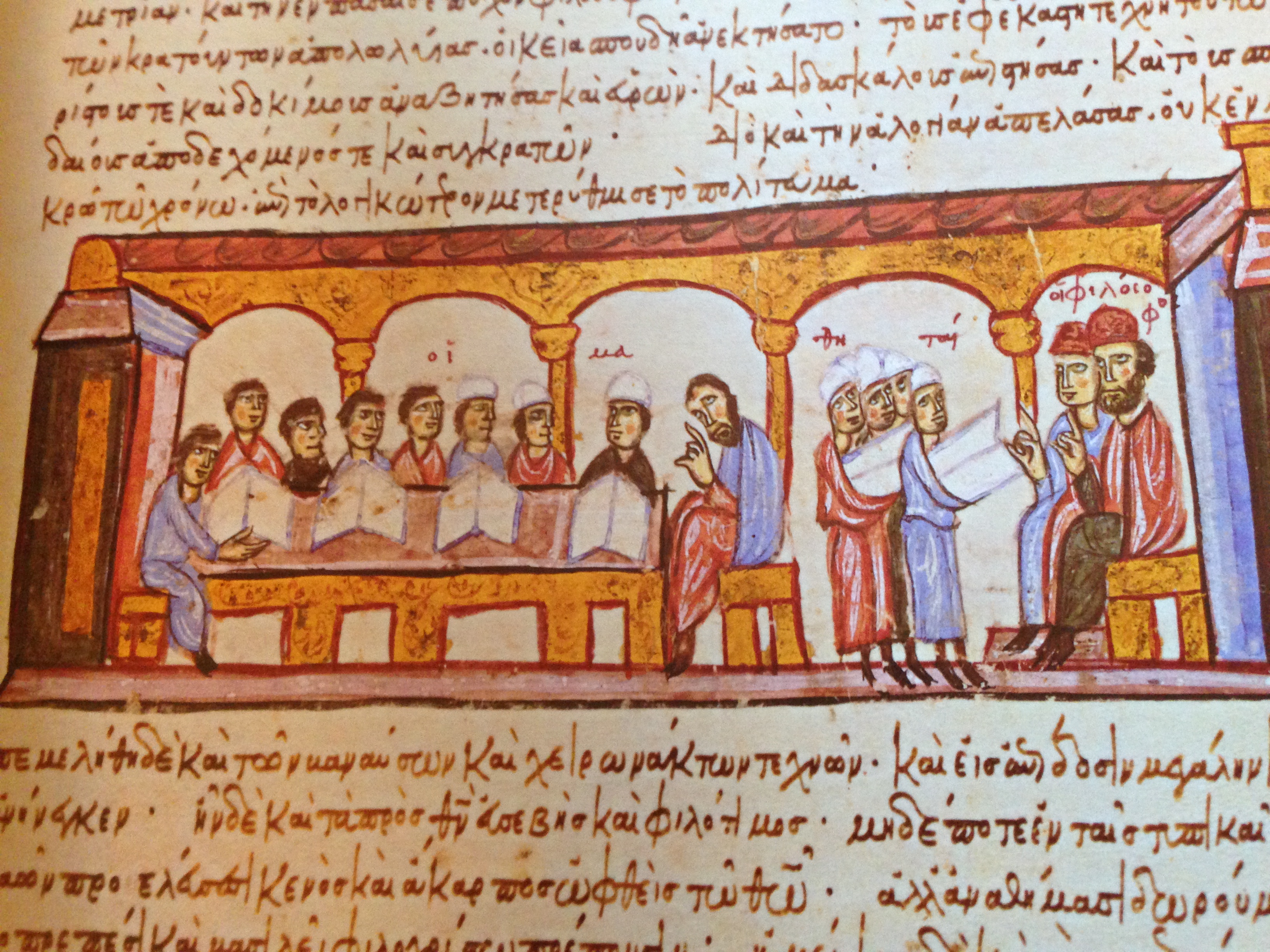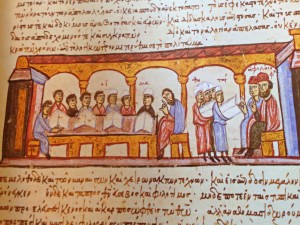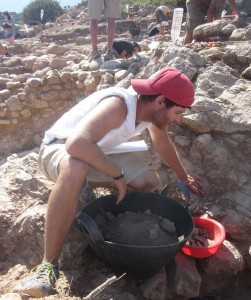
This summer Matt Jameson (M.A. 2014) participated in the archaeological excavations at Gournia on the Mirabello Bay in Eastern Crete. Gournia is a Bronze Age site that was first excavated by Harriet Boyd in 1901. The project was run through the University of Buffalo, with a permit from the American School of Classical Studies in Athens. The project director was Professor Vance Watrous out of the University of Buffalo, and the field director was Matt Buell, a recent PhD student also from the University of Buffalo. The group used the facilities at INSTAP (Institute for Aegean Prehistory) in East Crete as the research center for the project, where all finds from the field were taken for analysis.
Matt served as one of the trench supervisors for the project; his role was to oversee five students and supervise the activities going on within the trench. In total, his group excavated four trenches, covering an area of approximately 42 square meters. Supervising the trench entailed keeping a daily notebook recording any and all daily activities in the field including daily drawings and recording of finds/elevations, and a final report for each trench at the end of the season. The aim of his group’s excavation (there were excavations in a number of different areas of the site, each with different research questions and goals) was to explore the industrial areas at the northern border of the site.
At the INSTAP research center Matt worked with the floatation team, helping supervise a number of students in the processing of soil samples from the field. This entailed the flotation process, where the soil samples were “cleaned” and sorted into the heavy residue and the vegetal material, and the sorting of the heavy residue samples – where the nondiagnostic material was separated from the more diagnostic finds such as marine shell, bone, etc. His team put in many hours over the course of the project, working six days a week with only Saturday afternoon and Sunday off. In total, the project comprised 107 members, including students and senior staff, all of whom stayed in the village of Pachia Ammos on the coast directly to the east of the site.
For more information about the Gournia dig, check out:
http://www.gournia.org/
